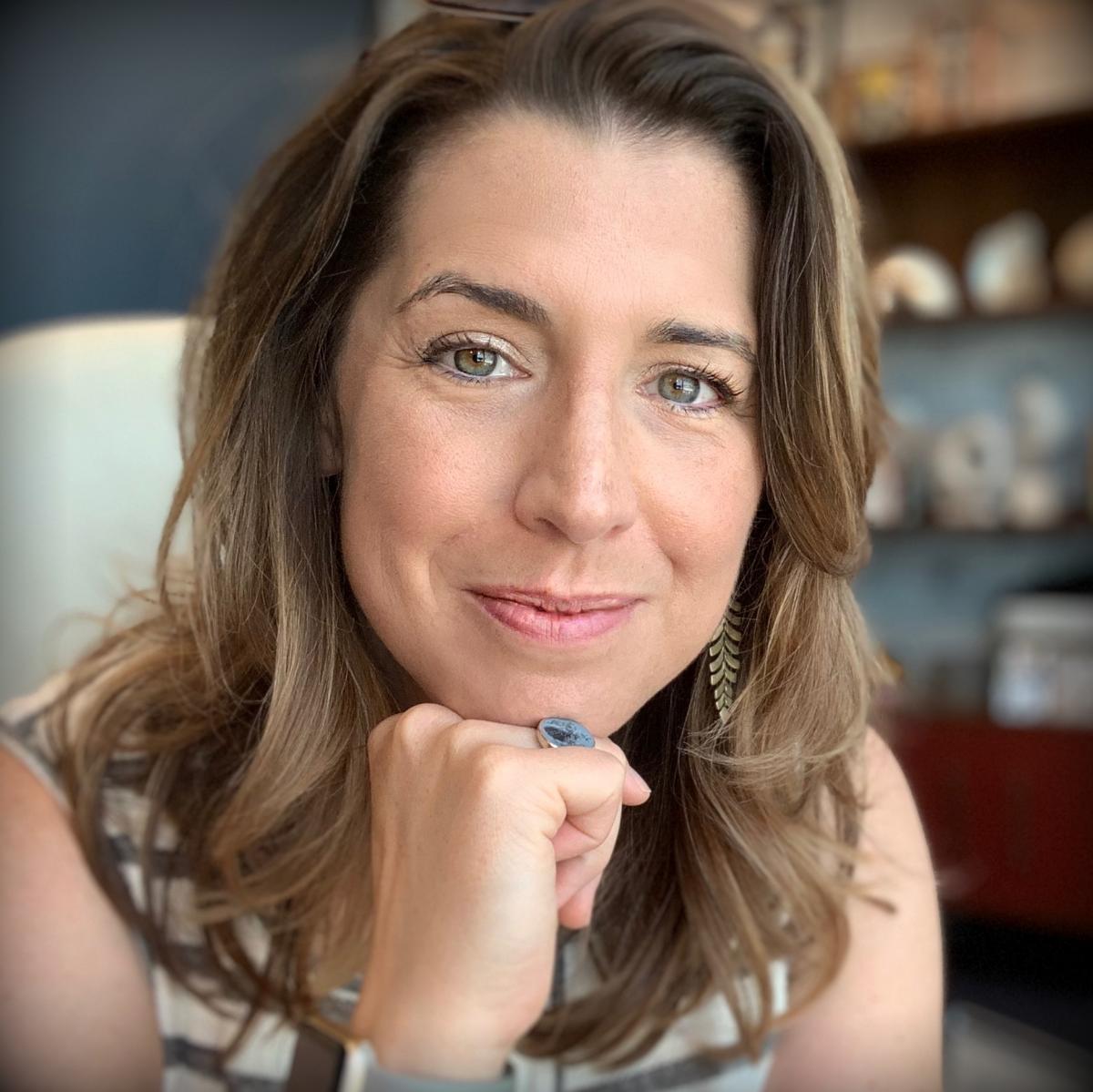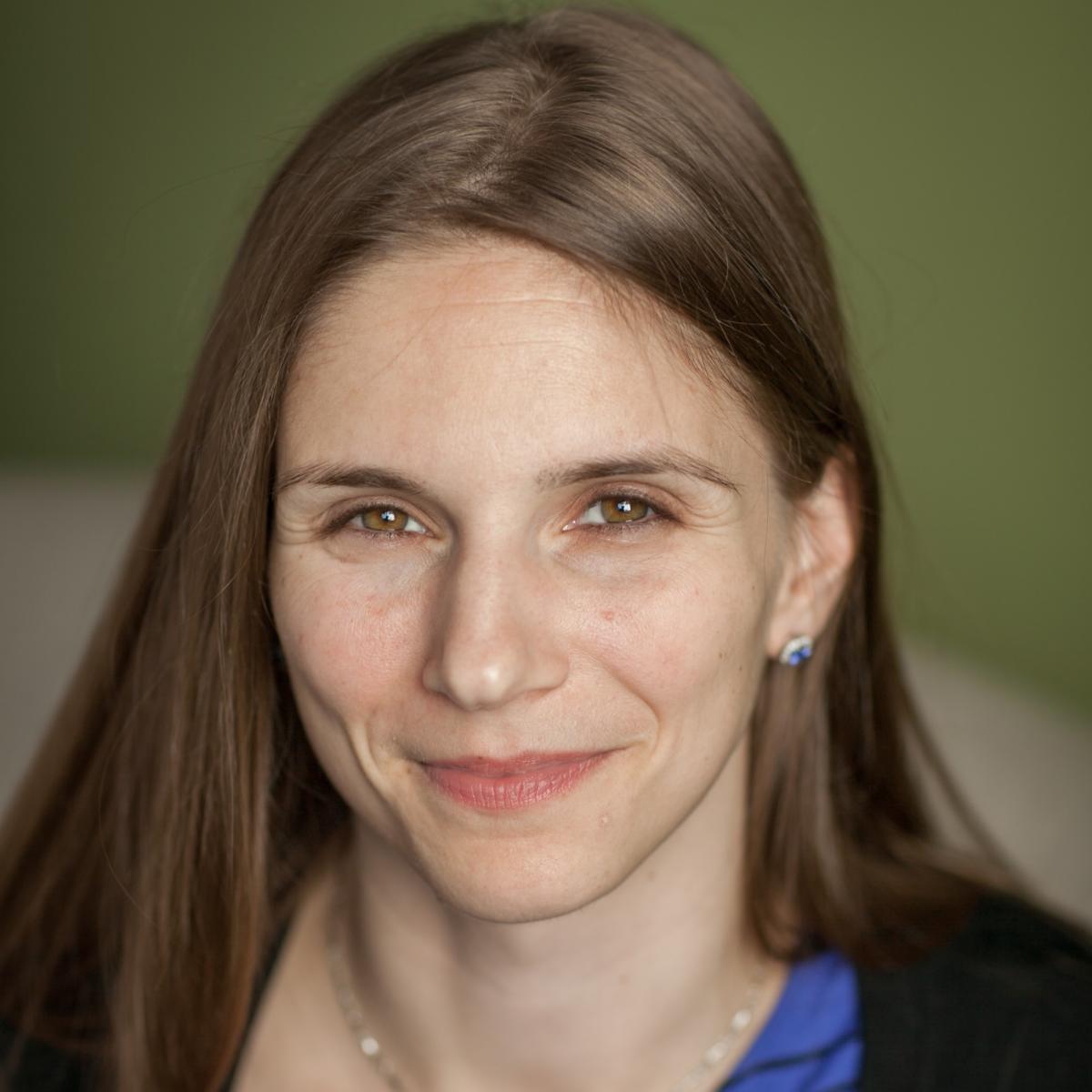Here, Now, and Between Us: Functional Analytic Psychotherapy and the power of the therapeutic relationship




Sunday, June 5, 2022 - 1:00 p.m. to 5:00 p.m. UTC/GMT -7 (Pacific Daylight Time)
**We are offering this workshop in memory of beloved FAP co-founder, Bob Kohlenberg. Bob was enthused by the collection of contextual behavioral training content we offered during his farewell pre-conference workshop in 2021, so we will rely on those same tools as the backbone of the structure of the current workshop.**
As numerous pressures push our profession towards manualized intervention toolkits targeted at nomothetically-defined outcomes, this workshop aims to cultivate your ability to harness the wellspring of therapeutic opportunity available within each unique relationship we create with our clients. This is the promise of Functional Analytic Psychotherapy: a Contextual Behavioral Science (CBS) therapy for those who value basic behavioral science as much as they feel awed by the power of the therapy relationship.
We will begin by presenting a clear theoretical rationale, rooted in basic behavioral tenants, for integrating a particular type of interpersonal focus within any therapy approach you already practice. Five simple, yet profound, rules of practice comprise this framework: 1) identify clinically-relevant behavior occurring in session via functional analysis, 2) evoke these behaviors during the therapy hour, 3) shape these behaviors with your immediate, authentically attuned responses, 4) customize and refine your responding by observing the impact of your interpersonal reinforcers on the client, and 5) work with the client to generalize improved in-session behavior into life outside of therapy. In this workshop, you will have the opportunity to practice seeing and hearing your clients through this lens of compassionate functional analysis and to enhance your awareness of tools for reinforcing client improvements.
As technical as the underlying behavioral roots of FAP are, the therapy that emerges from them is fundamentally human and emotionally intimate as it calls on both client and therapist to engage in reciprocal transactions of candid behavior. The relationship comes alive and transforms into an in-vivo laboratory in which you invite the client to attempt new, more effective behaviors in service of their values and goals within the therapy session. As the work progresses, FAP therapists shape and reinforce improvement by illuminating the positive impact it has on both them and the therapy relationship. In short, we encourage clients to practice, “right here, right now,” behaviors that are functionally equivalent to those they wish to implement in their lives outside of session. Because clients emit new behaviors in your presence, they benefit from the enhanced reinforcement of your immediate and sincere responding. Hence, increasing your own self-awareness, courage, and judiciousness in how you share your authentic self and emotional vulnerability allows you to augment the potency of your in-the-moment responses to clients.
Following a logical arc that weaves together essential didactic elements of theory, CBS rationale, and ethical considerations, the workshop will also present a curriculum of experiential exercises that provides balance among intellectual, practical, and personal development. Of note, we will encourage you to reveal yourself, including your vulnerability, to the extent that it supports your learning and development both personally and professionally and with an ongoing, thoughtful consideration of your needs and limits within the workshop setting. Along the way, you will create a FAP Case Conceptualization for a client, begin a FAP Therapist Case Conceptualization for yourself, and practice the 5 Rules of FAP in “real-plays” with peers in small groups. We will prepare you to learn from these experiential exercises, and to take FAP on the road with you to your clients, via didactic presentations, live demonstrations, segments of video from therapy sessions conducted by the trainers, and a collection of FAP-consistent clinical tools and resources that you will take home with you.
Whether you are new to FAP or have been practicing FAP for years, our hope is that you will leave the workshop with a deepened awareness of yourself, an awakened excitement about the possibilities of the therapy relationship, and an enlivened commitment to igniting it with each of your clients. As trainers, we plan to do the same.
About Sarah Sullivan-Singh, Ph.D.:
Dr. Sullivan-Singh earned her doctoral degree in clinical psychology from UCLA and completed a postdoctoral fellowship within the University of Washington Rehabilitation Medicine Department before beginning her independent practice. She is a Clinical Instructor within the University of Washington (UW) Psychology Department where she supervises graduate students treating clients using ACT and FAP. Dr. Sullivan-Singh also regularly guest lectures to psychology interns in the UW Department of Psychiatry and Biobehavioral Sciences. She is routinely engaged in training students and professionals in FAP through individual supervision/consultation as well as workshops and online courses; she has also worked on treatment development for and provided clinical supervision within a randomized-controlled trial of FAP at the UW Center for the Science of Social Connection. As partner of The Seattle Clinic, a collective of independent practitioners focused on evidence-based practice, Dr. Sullivan-Singh is fortunate to be surrounded by students and colleagues who support her in following the lifelong path of encountering her gaps in awareness and knowledge and, in response, learning to acknowledge and fill them – and through that process constructing increasingly authentic relationships with greater healing potential.
About Mary P. Loudon, Ph.D.:
Dr. Loudon earned her doctorate in clinical psychology at the University of Washington where she developed expertise in Contextual Behavioral Science (CBS) approaches including FAP and Acceptance and Commitment Therapy (ACT). While her academic research in and after graduate school focused on the psychological impacts of sexual and racial minority identity, her passion for clinical work drove her career path towards the provision of care directly to individuals and couples in therapy. After 6 years of co-leading the FAP Practicum for doctoral students at UW, and completing her post-doctoral fellowship with Dr. Mavis Tsai, she became a Certified FAP Trainer. Since this time she has thoroughly enjoyed innovating new training approaches for workshops, intensives, and online courses in FAP. Today, Dr. Loudon balances roles as a psychologist in private practice, a founding partner of The Seattle Clinic, Clinical Instructor/Supervisor at the University of Washington Department of Psychology, and supervisor/consultant to pre- and post-doctoral trainees seeking to develop expertise in FAP, ACT, and Emotionally-Focused Couples Therapy (EFT). The majority of time that remains is spent indulging in family life with her wife and two children, and in her vibrant community of friends and colleagues at The Seattle Clinic.
About Mavis Tsai, Ph.D.:
Dr. Tsai, co-originator of FAP, is a clinical psychologist and senior research scientist at University of Washington’s Center for Science of Social Connection. She is the co-author of five books on FAP (some of which have been translated into Portuguese, Spanish, Japanese, Italian, Korean and Persian), and over 70 articles and book chapters. She is an ACBS Fellow, and received the Washington State Psychological Association’s Distinguished Psychologist Award in recognition of significant contributions to the field of psychology. She gave a TEDx talk “Create Extraordinary Interactions”, has presented “Master Clinician” sessions at the Association for Behavior and Cognitive Therapy, has led numerous workshops nationally and internationally, and trains online clinicians all over the world in FAP. As Executive Director of the Nonprofit Organization ‘Awareness, Courage & Love Global Project” which brings FAP to the general public, she trains volunteers to lead chapters in six continents to create a worldwide- network of open-hearted change-seekers who strive to meet life’s challenges through deepening interpersonal connection and rising to live more true to themselves.
About Barbara Kohlenberg, Ph.D.:
Barbara Kohlenberg, Ph.D. is a Professor in the Department of Psychiatry and Behavioral Science and also in Family and Community Medicine. She is a clinical psychologist, who received her Ph.D. at the University of Nevada, Reno. Her NIH funded research has focused on Acceptance and Commitment Therapy (ACT) and Functional Analytic Psychotherapy (FAP) and their integration and application with substance use disorders and stigma. Dr. Kohlenberg is an ACT trainer and a FAP trainer, and has contributed to the literature in these areas and has conducted trainings internationally. Dr. Kohlenberg is interested in psychotherapy training in psychiatric residency programs, and in growing bedside manner among family medicine residents.
Dr. Kohlenberg has deep interests in the role of compassion, acceptance, and relationship in promoting behavior change. She cherishes direct patient care, as well as training psychiatry residents. Helping both patients and residents learn that one can change one’s relationship with suffering rather than having to “get rid” of suffering is meaningful for her.
Out of work Dr. Kohlenberg loves cooking, eating, walking, reading/listening to podcasts, and creating and participating in nurturing communities. She loves the beauty of our desert climate while always also missing the green and grandeur of the Pacific Northwest, where she grew up.
Learning Objectives:
Following this workshop participants will be able to:
- Describe the 5 Rules of FAP and the behavioral theory underlying them.
- Delineate functional classes of behavior that may get expressed differently across contexts.
- Identify both functional classes and specific examples of problematic and improved in-session client behavior.
- Create your own FAP Therapist Case Conceptualization.
- Analyze how your own problematic and improved in-session therapist behaviors may interact with your clients’ behaviors.
- Demonstrate ability to recognize and evoke clinically relevant behavior and to utilize genuine responses to extinguish and punish problematic behaviors.
- List 3 strategies for reinforcing client target behaviors in session.
- Prepare a FAP case conceptualization for one client that demonstrates the application of functional analysis to client behavior and awareness of the impact of your own therapist behavior on the client.
- Discuss ethical considerations related to cultivating intense therapeutic relationships with clients when using FAP.
- Acquire skills to build your own FAP Consultation Team and/or to bring FAP into your existing ones.
Target Audience: Beginner, Intermediate, Advanced, Clinical
Components: Experiential exercises, Didactic presentation, Case presentation, Role play
Package Includes: A general certificate of attendance
CEs Available (7.5 hours): CEs for psychologists, social workers (NASW type), counselors (NBCC type)

